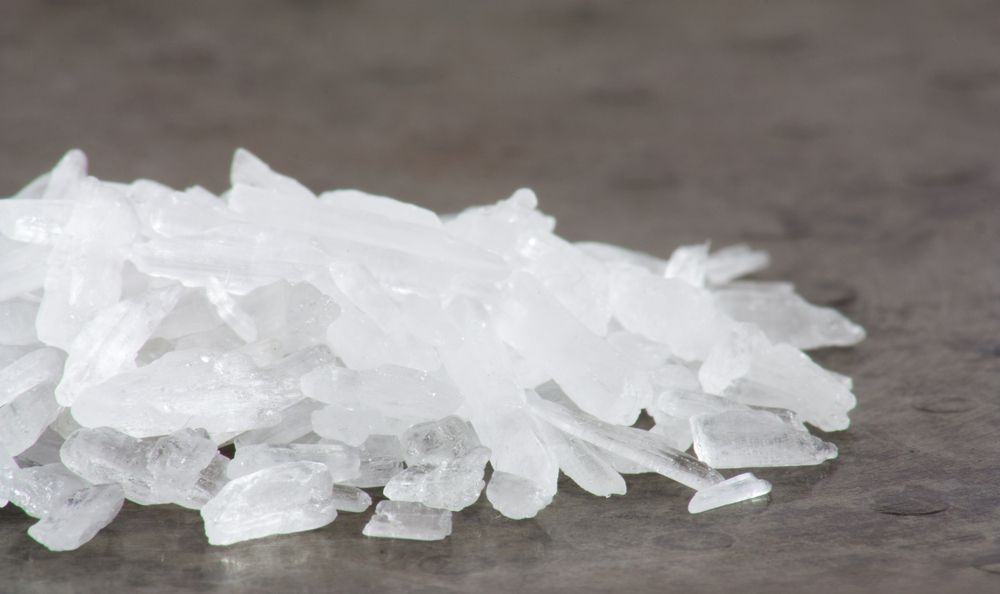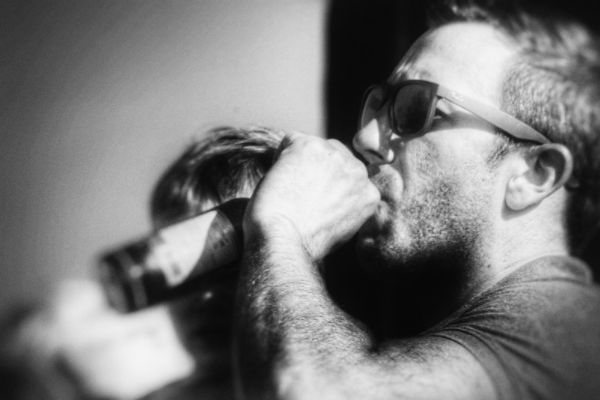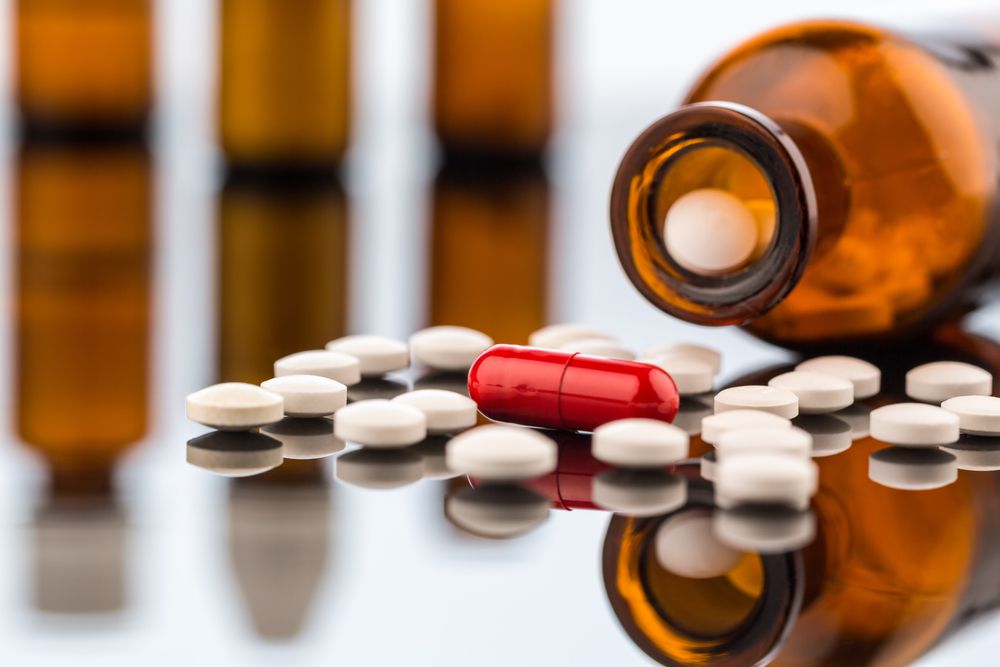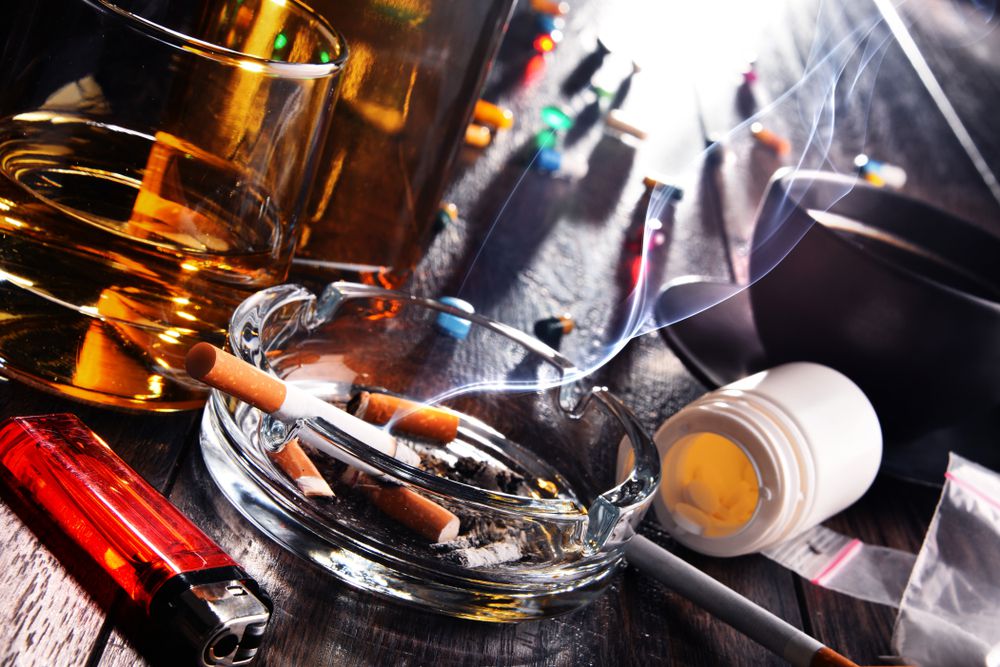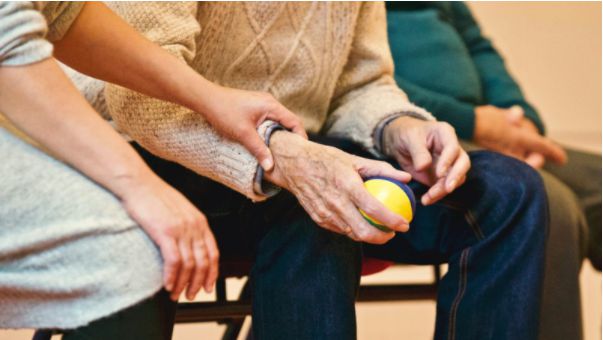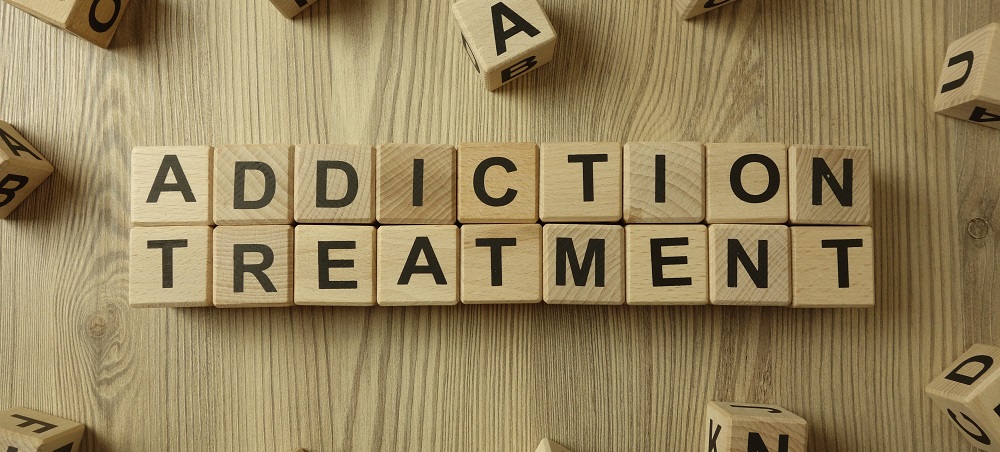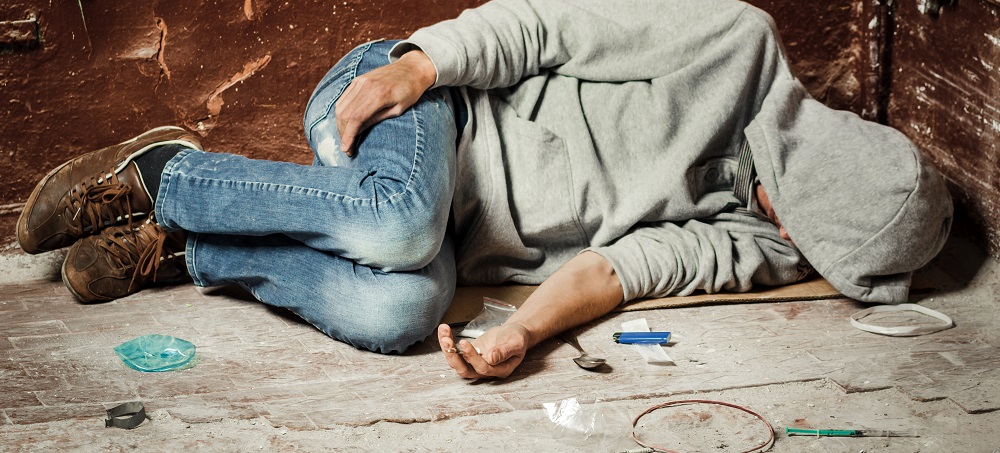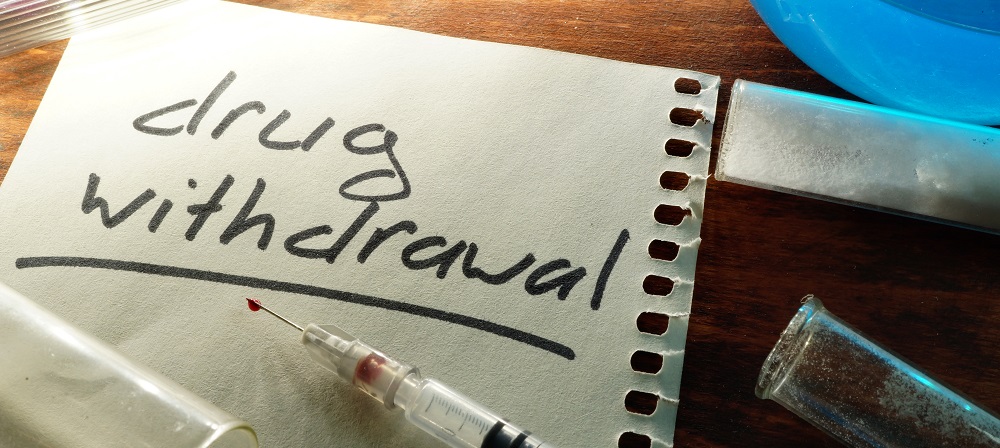Methamphetamine is a powerful central nervous system stimulant that generates a euphoric sensation that can last for as long as several hours. It can be ingested orally as a tablet, intravenously, snorted or smoked. The exact answer to what is methamphetamine addiction depends on the method of ingestion.
When smoked or used intravenously, methamphetamine is absorbed into the bloodstream very quickly, and its effects can be felt within minutes. Although methamphetamine addiction in Canada is less prevalent than several other addictions, some communities are seeing increases in use. Meth-related deaths have increased over the last few years in British Columbia, Manitoba, and Alberta.
Why Is Methamphetamine So Addictive?
Dopamine is a naturally occurring chemical released by the reward centres of the brain. It is dopamine that makes us feel good when we have a good workout, spend time with loved ones, or accomplish something. When the brain releases dopamine in response to natural stimuli, the levels increase, and then slowly subside to their previous level. The gradualness of the drop helps with the regulation of our mood.
Like other stimulants, methamphetamine causes an unnatural surge in dopamine, which results in a euphoric feeling that goes beyond “normal” happiness. The problem is that instead of subsiding gradually, after a period of time the dopamine levels drop abruptly.
This can create effects that are so undesirable that the user feels the need to use more drugs. One of the first signs of methamphetamine addiction is the user putting relationships, career and recreational activities on the back burner and devoting all available time, energy and money into getting and using drugs.
What Is The Danger Of Methamphetamine?
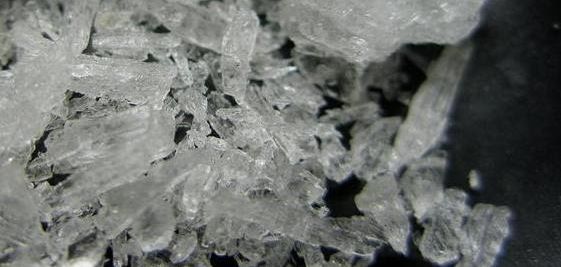
Methamphetamine can cause significant harm even if used only once.
Unknown Composition
Unlike many other drugs that have natural origins, methamphetamine is created in illegal laboratories that do not follow any health and safety guidelines. The ingredients vary from one meth lab to the next, but many of the substances commonly used are considered toxic to humans.
Examples include acetone, ammonia, and hydrochloric acid. These ingredients can cause unpredictable, dangerous symptoms, and the fact that the composition is unknown can present challenges for first responders who are trying to help in the event of an overdose.
Short-Term Effects Of Methamphetamine Use
In addition to the surge of euphoria, methamphetamine users are attracted to the fact that it generates energy and alertness for a period of time. A flurry of activity often follows methamphetamine use, in which the user gets a lot of things done in a short period of time.
When the effects wear off, though, the user experiences a crash – that sudden drop in dopamine – that leaves them feeling exhausted and depressed.
Short-term methamphetamine use has other harmful effects, including the following:
- Increased respiration
- High core body temperature
- Rapid or irregular heart rate
- High blood pressure
- Anxiety
- Flushed or itchy skin
- Muscle twitches
- Risk of overdose that can result in organ failure and death
Long-Term Effects Of Methamphetamine Use

Prolonged frequent use of methamphetamine can have serious long-term implications, including nerve damage in the brain, leading to cognitive impairment and poor memory that can persist for a long time after drug use stops. Methamphetamine use also carries a risk of stroke, which can result in varying levels of brain damage.
Other long-term effects include:
- Paranoia, hallucinations and other symptoms of psychosis
- Impaired motor skills
- Aggressive or violent behaviour
- Anxiety, depression, agitation, and other mood disturbances
- Extreme weight loss
- Liver and kidney failure
- Cardiac arrest
- Seizures
- Dental problems, which can lead to other health issues
- Damage to the nasal cavity resulting from snorting
- Damage to the lungs and mouth resulting from smoking, combined with an increased risk of respiratory diseases
- Intravenous use can cause blockages in and around the brain, heart and liver, as well as infection of the heart tissue
- Shared needles increase the risk of HIV and hepatitis
Meth Babies
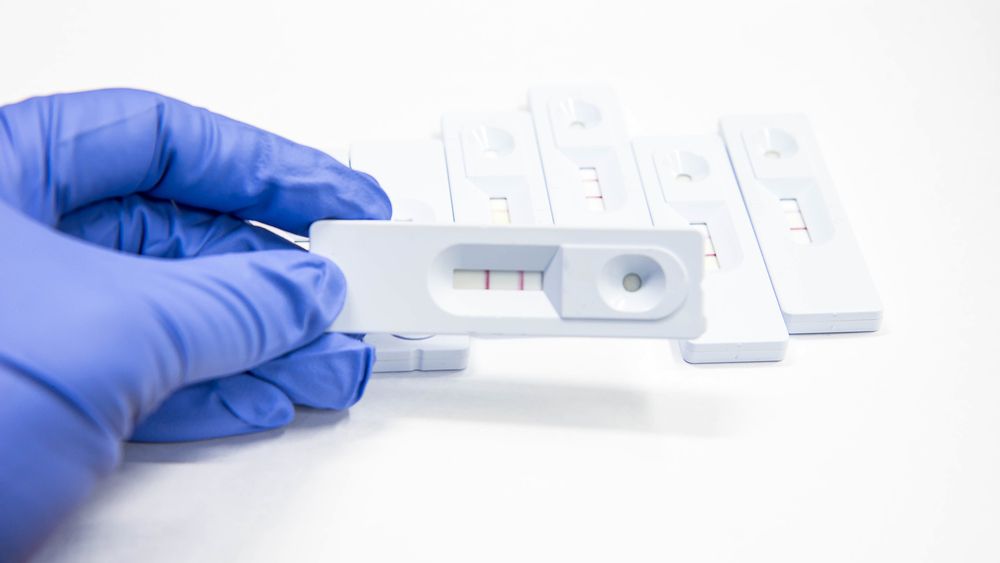
Since methamphetamine use results in significant weight loss, women who use meth are at risk of complications during pregnancy and delivery. These include poor growth of the fetus, and fetal hypoxia, or insufficient oxygen supply to the fetus.
As a result, the baby is at risk of being born with a low birth rate and a high risk of neurodevelopmental issues. Long-term consequences for the child may include impaired cognitive abilities, poor fine motor skills, and behavioural challenges. Some so-called “meth babies” are born with signs of methamphetamine addiction and require medical care during withdrawal.
Related article: Addiction Treatment Services: What are Your Options?
What Are The Signs Of Methamphetamine Addiction?
There are several signs of methamphetamine addiction that you can look for in yourself or a loved one. This is one of the most difficult addictions to treat, and one of the most dangerous substances to be addicted to, so the sooner you seek help, the better.
The symptoms of meth abuse include the following:
- Twitches and tics
- Reduced appetite and rapid weight loss
- Skin sores, blisters around the nose and mouth, or burns on the lips or fingers
- Mood swings, agitation, and outbursts of violence
- Hyperactivity, jittery energy, and infrequent sleep
- Deteriorating dental health
- Dilated pupils and/or rapid eye movement
- “Tweaking”: a period at the end of a drug binge that is characterized by hallucinations, confusion, a tendency to display violent behaviour, and intense cravings for more drugs
- “Crashing”: a 1-3 day period in which the user sleeps for long periods of time and experiences severe depression
If you or your loved one shows two or more of the following criteria, you can be formally diagnosed with a methamphetamine use disorder, and should seek meth addiction treatment as soon as possible:
- You continue to use methamphetamine in spite of the immediate danger to yourself or others
- You neglect responsibilities at home, work or school
- You experience relationship breakdowns resulting from your drug use
- You take more drugs in order to achieve the same effects
- You experience withdrawal symptoms after a period of abstinence
- You have tried unsuccessfully to stop using methamphetamine
- Large blocks of time are spent acquiring or using meth, or recovering from use
- Your physical and mental health is suffering as a result of meth use
- You experience cravings when you do not have access to the drug
- You lose interest in previously enjoyed activities and pursuits
Meth Addiction Treatment
It is never too late to seek meth addiction treatment. At 1000 Islands Addiction Rehab & Treatment Centre, we offer top quality inpatient treatment and rehab that is fully customized to each individual. Because methamphetamine withdrawal can be overwhelming and uncomfortable, your treatment will start with medically supervised detox.
In the early stages of detox, you may feel exhausted, paranoid and depressed. Our medical staff will keep you safe throughout this process, and when you regain the appetite lost during your period of use, we will ensure that you are given nutritious meals so that you can attain a healthy weight and regain your strength.
When the drugs have worked their way out of your system, you will be ready for the rehab phase of treatment. Using a combination of treatment methods including group and individual therapy, music and art therapy, mindfulness coaching and more, we will gently guide you through the process of exploring and resolving the root causes of your addiction, repairing your relationships with loved ones, and learning how to cope with the stresses of life without needing to use drugs or alcohol.
When your time in our inpatient facility is over, we will continue to support you through our comprehensive aftercare program, so that you can enjoy a long and happy life that is free from drugs. To get started, call us at 855-601-0555.
Related article: How to Stop Methamphetamine Addiction
